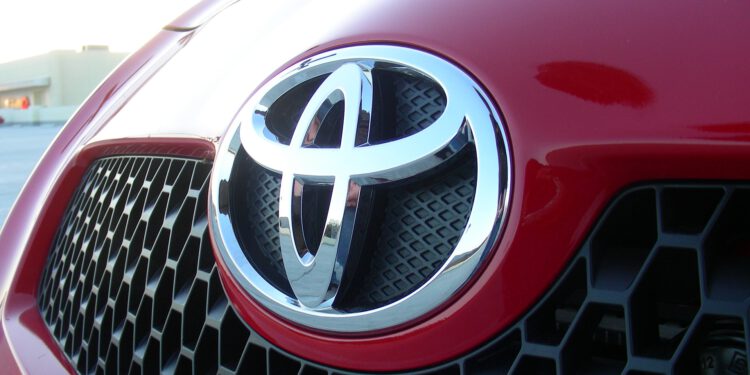The Japanese manufacturer will start testing its Concept-i cars with a built-in artificial intelligence assistant in 2020.
Smartphones aren’t the only ones where artificial intelligence personal assistants will stay. Amazon Echo, Google Home or the future HomePod, Apple, are examples of these systems work on home speakers. In fact, it seems that these speakers have won more favor with consumers than the phones themselves. So why not try new supports for AI with a butler vocation?
In this scenario, cars are presented as an interesting platform for smart assistants. There is time until autonomous cars materialize, as the arrival at levels 4 and 5, which promise true driving without assistance, will take some years. But voice commands are one of the most promising interfaces between future drivers and vehicles.
And language understanding is the skeleton of AI assistants. So, thinking of a personal assistant inside the car makes a lot of sense. Just as it has to be a company specialized in driving that puts the technology to build the system.
Thus, Toyota has created Yui, its assistant for vehicles. The brand could have chosen to cede this land to software companies, Google, Amazon or Microsoft. But it has been decided to walk your own way and he has combined the technology with his Concept-i, a futuristic car.
Concept-i is part of Toyota’s line of research in autonomous cars. The Japanese manufacturer wants its vehicles to not just drive themselves. They must also actively interact with passengers. Yui will allow you to have a conversation with the car and that this learn about user preferences.
The assistant’s learning will be based on deep learning. And the idea is that this artificial intelligence improves the driving experience. Although more than ‘ driving ‘you could talk about’ transport’, because no human being will have the steering wheel.
We will have to wait to see how Toyota crimps the idea of a personal assistant in a car. But the truth is that the systems of the car would serve more than follow the lines of a road and prevent incidents. In the end it would be about a platform to inform and entertain to the user during the time spent in the vehicle. It is actually a concept similar to the infotainment systems that cars have today. The difference lies in increasing automation: the vehicle will know the user well enough to please him without receiving commands.
Images: blue_j, Toyota









